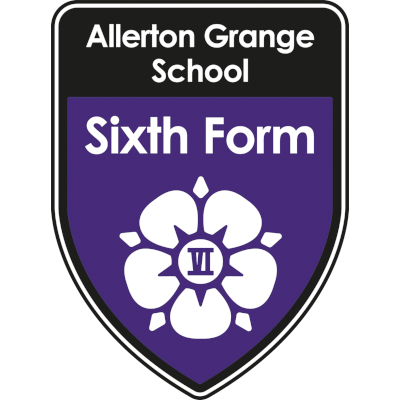Computer Science
Computer Science is the study of how data is stored and processed and the instructions that can be written to perform useful computation. We live in an ever evolving ‘digital world’, and with that, comes the demand for new advances in technology and those with expertise to shape the future. Do you enjoy logical thinking,
problem-solving and have an inquisitive mind? If so, then you could develop the skills and knowledge needed to influence the exciting and modern world of computing.
Computer Science is a practical subject where students can apply the academic principles learned in the classroom to real-world systems. It’s an intensely creative subject that combines invention and excitement, and can look at the natural world through a digital prism.
A Level study includes a focus on programming and computational thinking. It develops problem solving skills, as well as designing systems.
A Level Computer Science will enable you to learn about the fundamentals that underpin the field of computing. This includes teachings about computer architecture, system software, data
representation, data structures, networking and databases. You will also be given opportunity to develop computational thinking skills -
abstraction, decomposition and algorithmic design. This will support you in becoming an efficient computer programmer, able to code
in a variety of languages such as Python (procedural and OOP paradigms), SQL, HTML, CSS and JavaScript. With the tools and know-how to solve problems, your creativity and project management skills will be put to the test as you work on an independent software development project – from your own initial idea through to a completed and fully tested solution.
Course content
The course is a two year linear A level with two terminal papers each lasting 2.5 hours. There is also a practical programming assignment with many student choosing to research, design and build a computer game.
Unit 1 Computer Systems
• The characteristics of contemporary processors, input, output and storage devices (What makes a computer?)
• Software and software development( what process are used to build software)
• Exchanging data
• Data types, data structures and algorithms
• Legal, moral, cultural and ethical issues
Unit 2 Algorithms and programming
• Elements of computational thinking
• Problem solving and programming (generally with the Python programming language)
• Algorithms to solve problems and standard algorithms for searching and sorting i.e. binary search, merge sort, A* and Dijkstra’s shortest path algorithm
Unit 3 Programming project
The learner chooses a computing problem to work through where they must
• Analyse the problem
• Design the solution
• Develop the solution
• Evaluate the solution and their performance
A minimum of five subjects at grade 4 (or above) including: Grade 5 (or above) in English Language and a grade 6 (or above) in Maths is essential, a grade 4 in at least one Science subject and a background in GCSE Computing would be an advantage.
Computer Systems (2hr 30 min written exam) - 40% weighting
Algorithms and Programming (2hr 30 min written exam), 40% weighting
Programming Project (NEA), 20% weighting.
The specification and other resources can be found at https://www.ocr.org.uk/qualifications/as-and-a-level/computer-science-h046-h446-from-2015/


